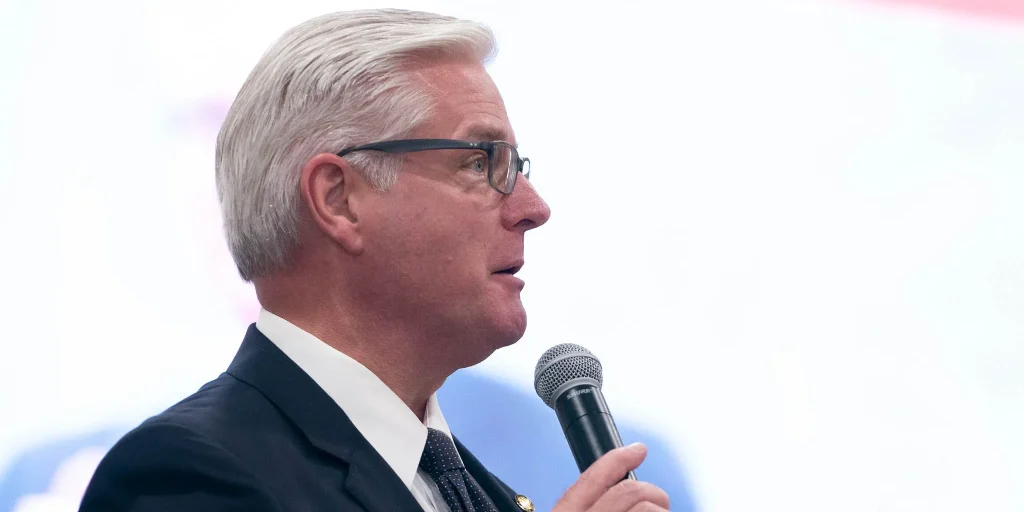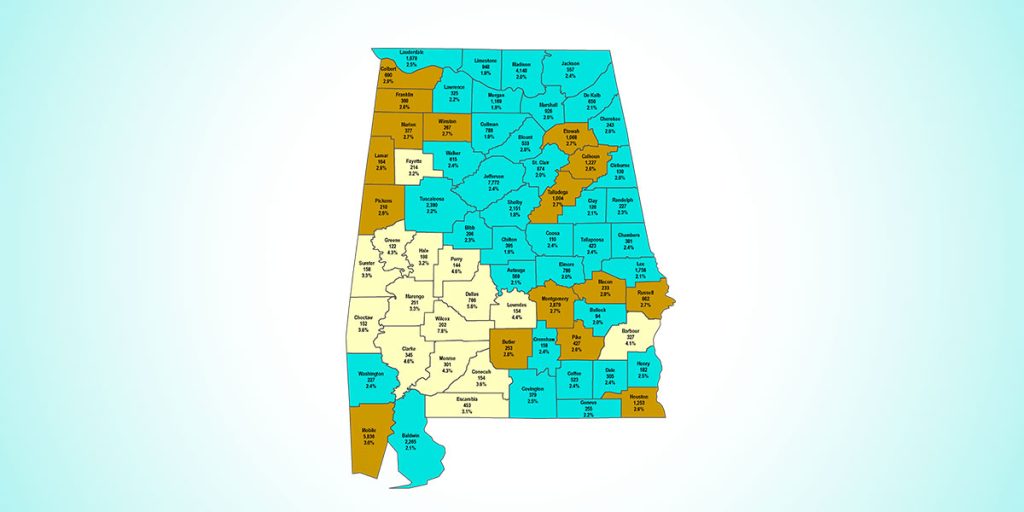There was mixed news for workers and the state last month. Wages are up, according to the Alabama Department of Labor. But so is the number of unemployed Alabamians.
Total private average weekly wages in Alabama hit a record high, rising to $1,061.20 in September. This is an increase of $40.90 over the year, and $16.29 over the month. One other sector also saw record high weekly wage amounts this month: the manufacturing sector, which saw a yearly increase of $110.94 to $1,307.67.
“We are pleased to report that wages in Alabama are increasing to record highs,” said Alabama Department of Labor Secretary Marty Redden. “More money in peoples’ pockets means that workers are better able to provide for their families, our economy realizes additional benefits, and also allows us to remain competitive in attracting businesses to our state.”
Redden also announced today that Alabama’s labor force participation rate for September held steady at 57.5%. The percentage of prime-age workers decreased by one-tenth of a percentage point to 79.3% over the month. Over the year, this number increased 1.3 percentage points from 78.0%. Prime-age workers are those aged 25-54 years.
“Month after month, we are continuing to see yearly growth in the number of prime age workers who are participating in the labor force,” said Redden. “Nearly 80% of these people are working or looking for work. They are a vital part of building Alabama’s workforce.
“We’re also seeing major growth in the total number of people joining the workforce and finding employment.”
However, Alabama’s preliminary, seasonally adjusted unemployment rate is 2.9%, up from August 2024’s revised rate of 2.8%. September’s rate is above September 2023’s rate of 2.7%. The rate represents 67,405 unemployed persons, compared to 66,621 in August and 61,658 in September 2023.
The number of people counted as employed increased by 18,391 over the year to 2,278,613, a new record high. The civilian labor force also increased to a new record high of 2,346,018, with 24,138 more people joining over the year.
Over the year, wage and salary employment increased by 40,700 to 2,213,300 with gains in the private education and health services sector (+10,800), the trade, transportation, and utilities sector (+ 7,800), and the government sector (+6,700), among others.
Counties with the lowest unemployment rates are: Shelby County at 2.3%, Madison, Marshall, and Morgan counties at 2.5%, and Cherokee, Cleburne, Cullman, Limestone, and St. Clair counties at 2.6%.
Counties with the highest unemployment rates are: Wilcox County at 8.2%, Clarke and Greene Counties at 6.1%, and Dallas and Perry counties at 5.8%.
Major cities with the lowest unemployment rates are: Homewood, Trussville, and Vestavia Hills at 2.2%, Alabaster and Hoover at 2.3%, and Madison and Northport at 2.4%.
Major cities with the highest unemployment rates are: Selma at 6.1%, Prichard at 5.8%, and Bessemer at 4.6%.
Courtesy of 256 Today.













